-
Global dialogue on care
Friday 5 February 2021

Co-chaired by Professor Brian Lawlor and Paul Hogan, this global dialogue covered progress made in the field of care and the challenges that remain, exploring models of care, the burden of caregivers, and art and music in dementia. Professor Felicity Barker, Professor Louise Robinson, Professor Mary Sano and Dr Samir Sinha presented their thinking ahead of an open discussion.
-
Global dialogue on prevention
Tuesday 9 February 2021

Co-chaired by Professor Kaarin Anstey and Professor Philippe Amouyel, this global dialogue examined the evidence base for dementia prevention programmes and some of the current research happening in the field, prevention programmes and their practical implementation, as well as some of the lessons from other public health initiatives. Professor Carol Brayne, Dr Michele Cecchini and Dr Yoshiki Niimi presented their thinking ahead of an open discussion.
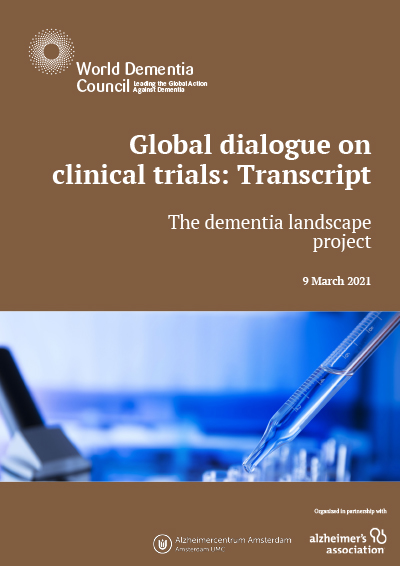
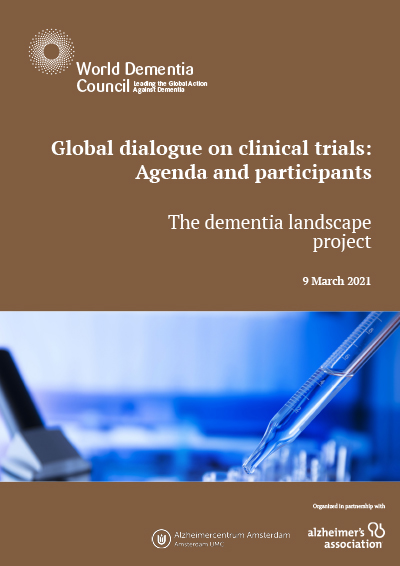
The world’s first G8 dementia summit was held in 2013 in London, where the international community of top scientists in the field, research funders, pharmaceutical companies and governments committed to accelerate the research agenda and deliver the first disease-modifying treatment by 2025. Since then the field has made considerable advances and there has been a significant increase in funding in the field of dementia research. This has been instrumental in fostering global collaborations and driving cutting-edge technological developments, including the use of big data, to understand the biology of dementia and develop potential therapeutics and treatments.
Chaired by Dr Maria Carrillo and Professor Philip Scheltens, this was a follow up to the first dialogue on research held on 18 November 2020 which covered early detection and biomarkers.
Professor Jeffrey Cummings introduced thoughts on the challenges and progress in clinical trials, and was followed by brief reflections from Dr Mark Mintun on Eli Lilly's Donanemab trial as an exemplar of the evolving design of clinical trials.
Tuesday 9 March 2021
Virtual meeting

Co-chairs
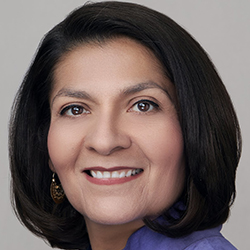 Dr Maria Carrillo
Dr Maria Carrillo
Maria Carrillo is chief scientific officer at the Alzheimer’s Association (US), setting the strategic vision for the Association’s global research program. Dr Carrillo has published extensively on early diagnosis and biomarker standardization efforts, as well as on the global challenges to progress for research in Alzheimer’s and dementia. She is a co-author of the “Appropriate Use Criteria for Amyloid Imaging,” published by the Society of Nuclear Medicine and Molecular Imaging and the Alzheimer’s Association. Dr Carrillo earned her PhD from Northwestern University’s Institute for Neuroscience and completed a postdoctoral fellowship focused on Alzheimer’s brain imaging and risk factors at Rush University Medical Center in Chicago.
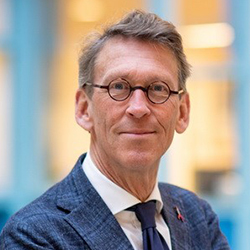 Professor Philip Scheltens
Professor Philip Scheltens
Philip Scheltens is professor of cognitive neurology and director of the Alzheimer Center, Amsterdam University Medical Centers (The Netherlands) and member of the World Dementia Council. His main clinical and research interests are Alzheimer's disease, vascular dementia, frontotemporal dementia, magnetic resonance imaging, PET imaging and fluid biomarkers. He is active in the field of biomarkers and clinical trials and has been the national PI for many studies, including phase 1-3 multicenter clinical trials. He founded and directs the Alzheimer Center since 2000, from which over 70 PhD theses have appeared since. In 2013, he co-founded the Dutch national plan against dementia (Deltaplan Dementie) and serves as the chair of its board.

Presenters
Professor Jeffrey Cummings
Jeffrey Cummings, MD, ScD, is Founding Director, Cleveland Clinic Lou Ruvo Center
for Brain Health. He is the Joy Chambers- Grundy Professor of Brain Science, Vice Chair
for Research, and Director of the Chambers- Gundy Center for Transformative Neuroscience, Department of Brain Health, School of Integrated Health Sciences, University of Nevada Las Vegas (UNLV). Dr Cummings is a world- renowned Alzheimer’s researcher and leader of clinical trials. He has been recognized for his research and leadership contributions in the field of Alzheimer’s disease through the Henderson Award of the American Geriatrics Society (2006), the Ronald and Nancy Reagan Research Award of the national Alzheimer’s Association (2008), and the Lifetime Achievement Award of the Society for Behavioral and Cognitive Neurology (2017).
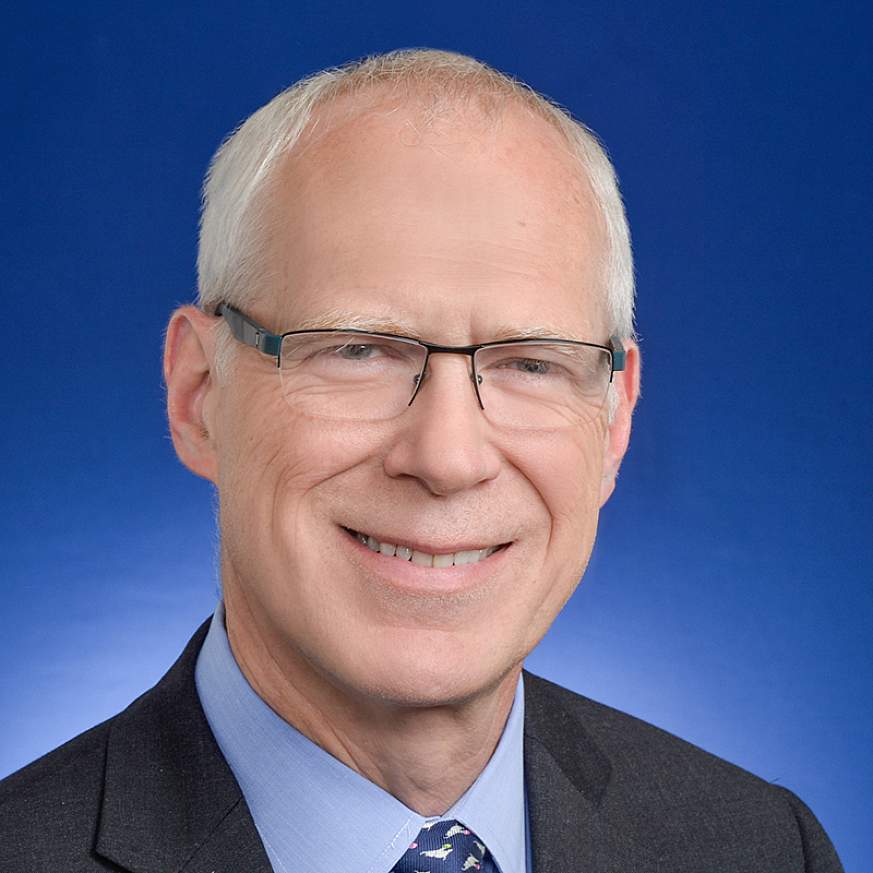 Dr Mark Mintun
Dr Mark Mintun
Mark Mintun, M.D., has been the Vice-President of Pain and Neurodegeneration Research and Clinical Development since January of 2018. In 2010, Dr. Mintun joined Avid Radiopharmaceuticals, a wholly owned subsidiary of Eli Lilly & Company, as Chief Medical Officer and became its President in 2014. Prior to Avid, Dr. Mintun was Professor and Vice-Chair of Radiology at the Mallinckrodt Institute of Radiology at the Washington University School of Medicine, with joint appointments in Psychiatry, Neurology, Bioengineering, and the Anatomy and Neurobiology Departments. He earned a BS in Chemical Engineering from the Massachusetts Institute of Technology in 1977, received his medical degree in 1981 at Washington University School of Medicine and completed research fellowship in neurology and residency training in nuclear medicine. Dr. Mintun has co-authored
over 200 research publications that include reports of brain imaging to characterize flow/metabolism relationships, neurotransmitter systems, circuitry for processing affective stimuli and the pathology of neurodegenerative diseases. More recently he has led development programs for both amyloid and tau imaging of patients with neurodegenerative diseases.

Other dialogues in the series
To inform the dementia landscape report, the Council has hosted global dialogues for international dementia leaders focusing on key themes of research, care and prevention that were identified at the London dementia summit in 2013, as well as on additional key themes and new policy priorities that we have agreed to highlight in the report, including data sharing and dementia registries, technology and dementia, and the impact of dementia on low- and middle-income countries. See more below.